Critical information for farming enterprises was shared at the Clearing and Drainage Information Session on Thursday 26th March.
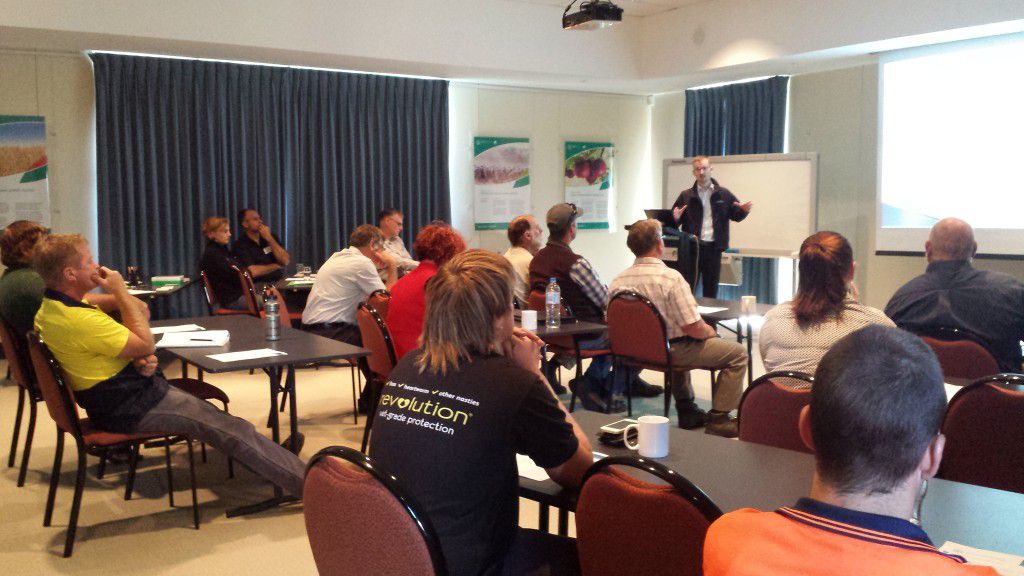
Speakers from the
Department of Environment and Regulation talked about the clearing laws relating to native vegetation, and covered what exceptions and permits are required and when. This is a really tricky bit of policy, with pages and pages of clauses and exceptions, so it was really good to have someone there to hear people’s questions directly relating to their situation, and helping to clarify if they need a permit or not.
The Commissioner for
Soil and Land Conservation also came to speak about drainage regulations. Many farmers love to put in deep drains to move salt water off their property, de-silt drains or creek lines, dig dams, or move water from place to place, and the rules around this can be a little tricky. Mr. Watson was very helpful in making it clear about the need for permits and reviews, neighbour consent, and downstream impacts assessments to ensure that the healthiest and safest options are considered in the case of moving water around.
Did you know, for example, that if you move your salty water off your property, and it ends up in a neighbours, you are still responsible for the impacts of that salt water on their land? Afterall, it’s
your water and you put it there! Getting expert advice before building a drain is really critical!
And finally, the
Department of Water (not to be confused with the
Water Corp, who deal with mains water) spoke about their farm water rebate scheme. Basically, they will pay up to half of your expenses relating to farm water management with up to $15,000 refunded! That’s a lot of dough! And good water management, getting fresh water where you need it for stock especially, is critical to many farm businesses.
Essentially, the farmer gets a water advisor to help them develop a plan, which goes through an approval process. The plan gets implemented, the farmer completes and pays for the work, and then is reimbursed upon a completion inspection. It could be a lot of work, but a well-execute farm water plan can mean a great deal of time, energy and money saving in the long run!

Getting expert advice direct from the people managing these regulatory matters hopefully cleared up misconceptions, ensured that everyone understood their rights and responsibilities and now knows who to contact about these important farming matters.
 Speakers from the Department of Environment and Regulation talked about the clearing laws relating to native vegetation, and covered what exceptions and permits are required and when. This is a really tricky bit of policy, with pages and pages of clauses and exceptions, so it was really good to have someone there to hear people’s questions directly relating to their situation, and helping to clarify if they need a permit or not.
The Commissioner for Soil and Land Conservation also came to speak about drainage regulations. Many farmers love to put in deep drains to move salt water off their property, de-silt drains or creek lines, dig dams, or move water from place to place, and the rules around this can be a little tricky. Mr. Watson was very helpful in making it clear about the need for permits and reviews, neighbour consent, and downstream impacts assessments to ensure that the healthiest and safest options are considered in the case of moving water around.
Did you know, for example, that if you move your salty water off your property, and it ends up in a neighbours, you are still responsible for the impacts of that salt water on their land? Afterall, it’s your water and you put it there! Getting expert advice before building a drain is really critical!
And finally, the Department of Water (not to be confused with the Water Corp, who deal with mains water) spoke about their farm water rebate scheme. Basically, they will pay up to half of your expenses relating to farm water management with up to $15,000 refunded! That’s a lot of dough! And good water management, getting fresh water where you need it for stock especially, is critical to many farm businesses.
Essentially, the farmer gets a water advisor to help them develop a plan, which goes through an approval process. The plan gets implemented, the farmer completes and pays for the work, and then is reimbursed upon a completion inspection. It could be a lot of work, but a well-execute farm water plan can mean a great deal of time, energy and money saving in the long run!
Speakers from the Department of Environment and Regulation talked about the clearing laws relating to native vegetation, and covered what exceptions and permits are required and when. This is a really tricky bit of policy, with pages and pages of clauses and exceptions, so it was really good to have someone there to hear people’s questions directly relating to their situation, and helping to clarify if they need a permit or not.
The Commissioner for Soil and Land Conservation also came to speak about drainage regulations. Many farmers love to put in deep drains to move salt water off their property, de-silt drains or creek lines, dig dams, or move water from place to place, and the rules around this can be a little tricky. Mr. Watson was very helpful in making it clear about the need for permits and reviews, neighbour consent, and downstream impacts assessments to ensure that the healthiest and safest options are considered in the case of moving water around.
Did you know, for example, that if you move your salty water off your property, and it ends up in a neighbours, you are still responsible for the impacts of that salt water on their land? Afterall, it’s your water and you put it there! Getting expert advice before building a drain is really critical!
And finally, the Department of Water (not to be confused with the Water Corp, who deal with mains water) spoke about their farm water rebate scheme. Basically, they will pay up to half of your expenses relating to farm water management with up to $15,000 refunded! That’s a lot of dough! And good water management, getting fresh water where you need it for stock especially, is critical to many farm businesses.
Essentially, the farmer gets a water advisor to help them develop a plan, which goes through an approval process. The plan gets implemented, the farmer completes and pays for the work, and then is reimbursed upon a completion inspection. It could be a lot of work, but a well-execute farm water plan can mean a great deal of time, energy and money saving in the long run!
 Getting expert advice direct from the people managing these regulatory matters hopefully cleared up misconceptions, ensured that everyone understood their rights and responsibilities and now knows who to contact about these important farming matters.
Getting expert advice direct from the people managing these regulatory matters hopefully cleared up misconceptions, ensured that everyone understood their rights and responsibilities and now knows who to contact about these important farming matters.

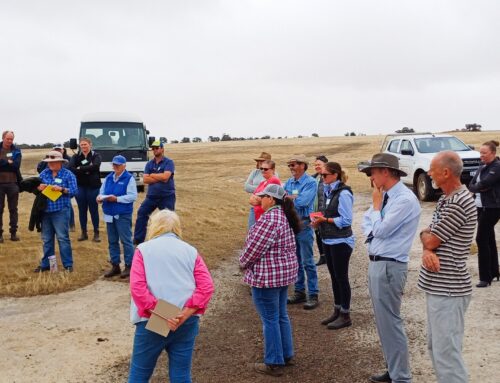
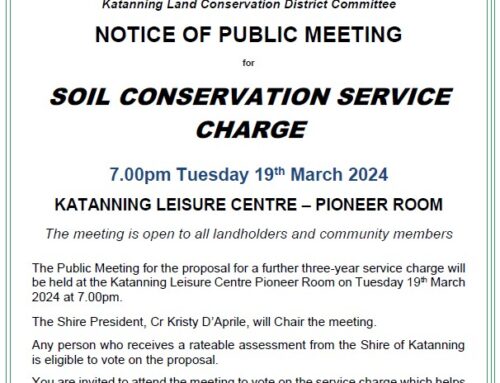

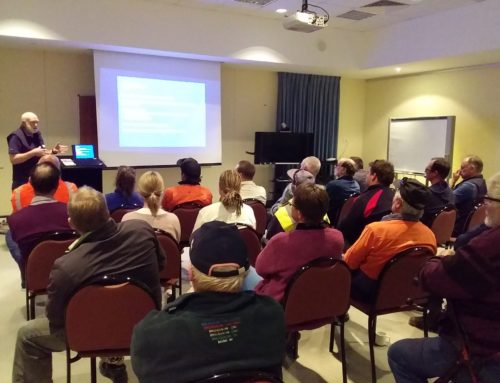
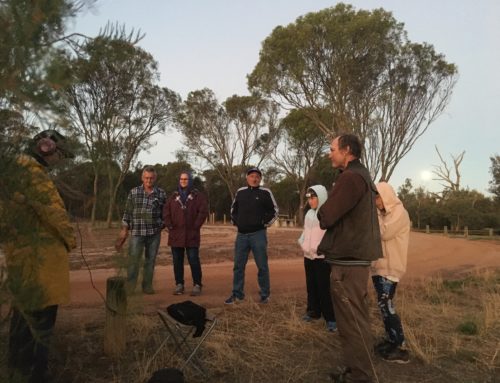
Leave A Comment